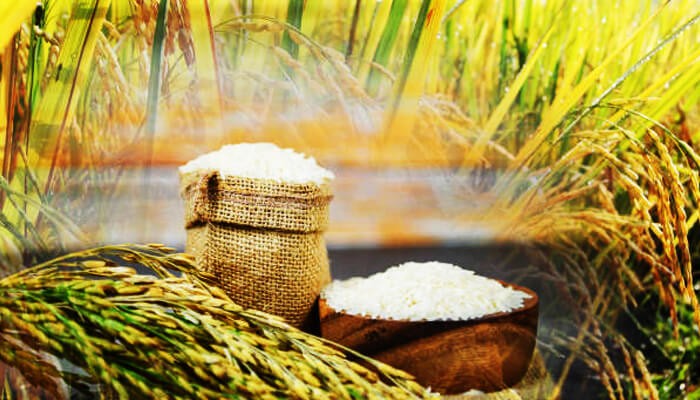In the Indian state of Haryana, Satish Kumar sits in front of his drowned rice field and bemoans the destruction of his crops.
The third-generation farmer, who only depends on farming grain to sustain his small family, stated, “I’ve suffered a great loss. I will only be able to grow something in November.
After intense rain hammered northern India in July, landslides and flash floods swept the area, submerging the newly planted seedlings. According to Kumar, he has not experienced floods of this magnitude in years and has had to take out loans to completely replant his crops. But that’s not the only issue he’s got.
The world’s largest exporter of rice, India, put a ban on non-basmati white rice exports last month in an effort to control domestic food price increases and guarantee food security. More limitations on rice exports were then imposed by India, including a 20% levy on exports of parboiled rice.
The action has led to worries about global food inflation, damaged some farmers’ livelihoods, and pushed some countries that rely heavily on rice to request urgent exemptions from the embargo.

Rice is a basic food for more than three billion people globally, and India contributes to around 40% of global rice exports.
According to economists, the embargo is merely the most recent attempt to disrupt the world’s food supply, which has already been negatively impacted by both El Nio and Russia’s invasion of Ukraine.
They warn that the impoverished in countries in the Global South will suffer disproportionately as a result of the Indian government’s decision, which might have severe market repercussions.
Additionally, farmers like Kumar claim that the market price increases brought on by bad harvests do not benefit them either.
“The prohibition will negatively impact each and every one of us. If rice isn’t exported, we won’t obtain a better rate, Kumar remarked. “The floods dealt our farmers a fatal blow. This ban will put an end to us. The action has led to worries about global food inflation, damaged some farmers’ livelihoods, and pushed some countries that rely heavily on rice to request urgent exemptions from the embargo.
Rice is a basic food for more than three billion people globally, and India contributes to around 40% of global rice exports.
According to economists, the embargo is merely the most recent attempt to disrupt the world’s food supply, which has already been negatively impacted by both El Nio and Russia’s invasion of Ukraine.
Everyone Finds It Troubling.
According to the United Nations Food and Agriculture Organisation, the sudden news of the export ban caused panic buying in the United States, which caused the price of rice to jump to a level that is almost a 12-year high.
The most popular and best-quality species of rice from India, basmati, is exempt from it. About 25% of exports, however, are of non-basmati white rice.
India wasn’t the first nation to forbid food exports in order to guarantee a sufficient supply for domestic consumption. However, their action, which came a week after Russia walked out of the important Black Sea grain agreement that permitted the shipment of grain from Ukraine, added to worldwide worries about the availability of staple grains and whether or not millions would go hungry.



